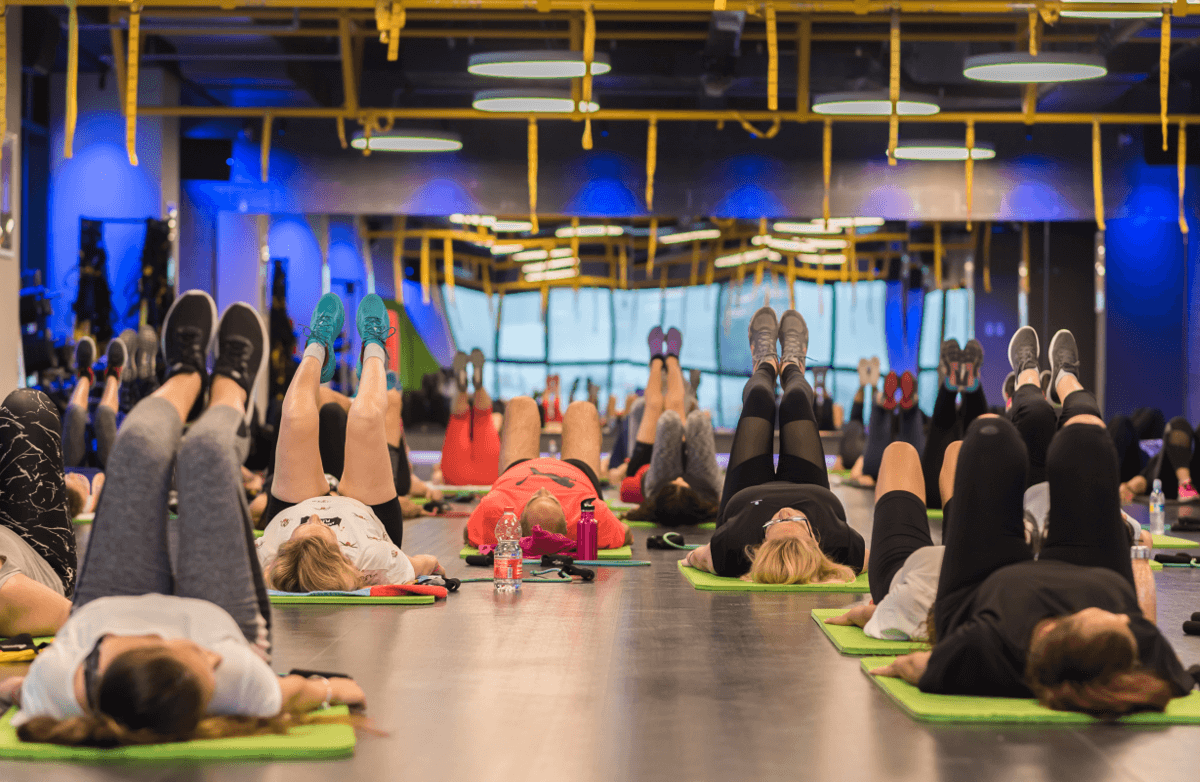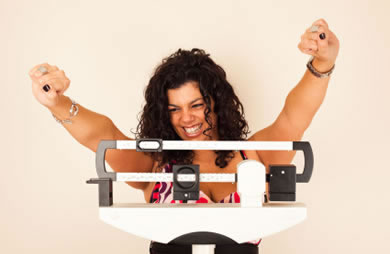|
I’ve been CPR certified for a number of years. Thankfully I’ve never had to use the techniques I’ve learned, but it always makes me feel better knowing that I could attempt to save a life if it were needed. I’ll be honest; the thought of performing CPR on someone makes me very nervous. Would I remember the order of the steps? The right number of breaths to compressions? Could I stay calm enough to do what needed to be done? The American Heart Association is promoting new guidelines that will make it easier and safer for people to help during an emergency. Wouldn’t you like to learn how to help save a life? Although the American Heart Association has been promoting the hands-only technique for the past two years, they aren’t sure how much it’s really caught on. Two new studies show that breathing into a victim’s mouth isn’t necessary in most cases, and chest compressions are what save lives. Both studies found that the survival rate between those who got traditional CPR and those who got only compressions were about the same. Over 300,000 people suffer cardiac emergencies outside of hospitals each year. Sadly, only 6% of those people survive. “The larger of the two new studies (about 1,900 people) reported survival rates of about 12 percent when bystanders did dispatcher-directed CPR, confirming earlier research that on-scene CPR can dramatically increase a victim's odds of survival. One of the new studies found that when dispatchers told callers to start CPR, about 80 percent attempted it when given hands-only instructions, more than the 70 percent who tried the standard version.” Of course it’s always good to call 911, but that’s not always what will help someone the most. Previous studies have found that adults who need CPR only get it a fraction of the time when witnesses are present. Although the odds still aren’t in their favor, I want to double the victim’s chances of survival by performing CPR until medical personnel arrive. That’s one reason I decided to become CPR certified. Are you CPR certified? Would you be more likely to perform CPR if you only had to do chest compressions? How would you try to help if you witnessed a cardiac emergency? |
More From SparkPeople
|











.jpg)



